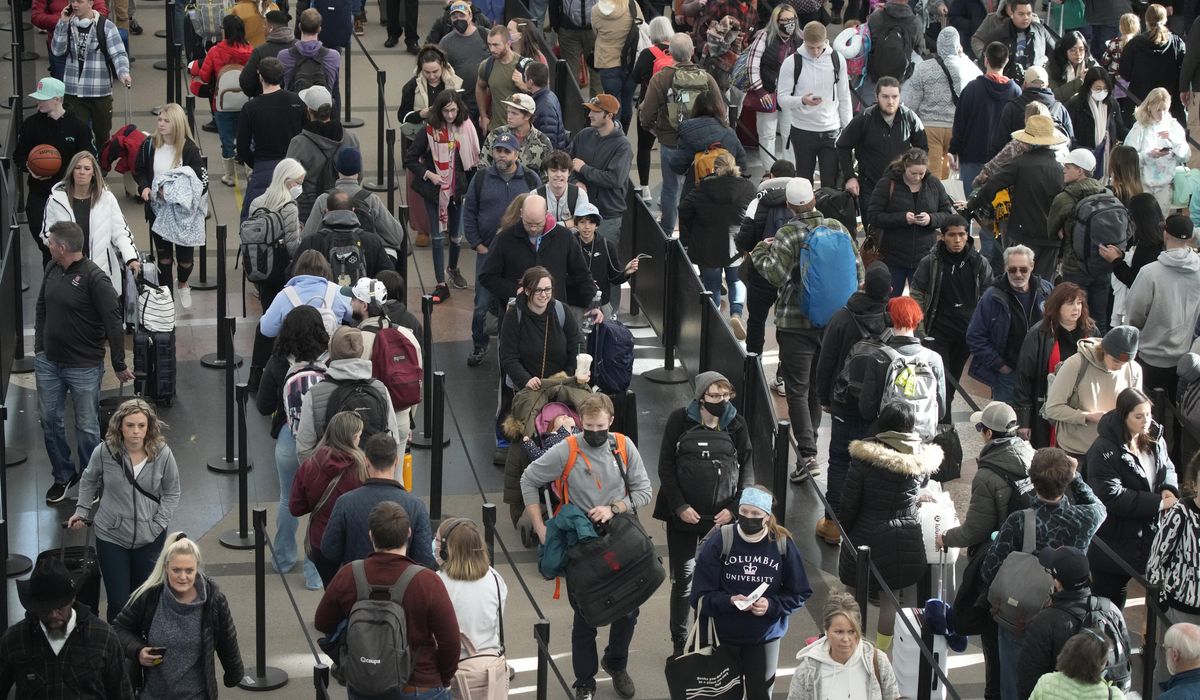


Religiously unaffiliated Americans presented a complex portrait of their attitudes and activities in a Pew Research Center study released Wednesday.
Commonly referred to as “nones,” they are not uniformly hostile to religion. Not all of them deny a belief in the God of the Bible or a “higher power,” despite their lack of membership in a faith community.
Fourteen percent of nones said religion does more good than harm in society, compared to 56% who said science does more good than harm, the Pew study found.
Nones include atheists, agnostics and unaffiliated persons who do not profess a specific religion. The study found that the unaffiliated who say their faith is “nothing in particular” have lower rates of civic engagement — volunteering and voting in elections — than atheists and agnostics, who participate at rates that match or exceed those with a religious affiliation.
Pew surveyed nones on eight questions about what they believe, how they view the role of science, whether they oppose religion and why people should act morally, among other topics.
The study, conducted last year, found that 28% of Americans identify as agnostic, atheist or “nothing in particular.” That is down from a 2022 Pew estimate that 30% of Americans were nones. At that time, Pew said that figure would grow to between 34% and 52% of the population by 2070.
Other polls have disagreed with Pew’s tallies: Gallup said in 2022 that “the rise of the nones has stabilized” at roughly 1 in 5 Americans, citing its polling data from 2017 through 2022. Frank Newport, a senior Gallup pollster, said some younger Americans who are religiously unaffiliated may turn to faith in later years.
According to Pew’s latest data, 17% of the unaffiliated said they are atheists, 20% are agnostic and 63% said “nothing in particular.” Most of the unaffiliated (67%) said an “extremely or very important” reason for their position was either disbelief in God or skepticism about religious teachings.
A dislike for religious organizations or bad experiences with religious people was cited by 55% of respondents, while 44% said they either don’t have time for religion or see no need for it in their lives.
On average, nones were less likely to have volunteered in the past year (17%) or to have voted in the 2022 midterm elections (39%) than the religiously affiliated, whose volunteering rate was 27% and the voting rate was 51%.
Just 29% of unaffiliated Americans said they don’t believe in God as described in the Bible or another higher power, but 56% of nones acknowledged a higher power and 13% said they believe in the biblical God. And 49% of the unaffiliated said they are spiritual or that spirituality is very important to them, compared to 79% of those with a religious affiliation.
Still, 90% of the unaffiliated said they seldom or never attend worship services, the Pew study found.
On personal morality, nones are aligned with those who have a religious affiliation: 83% of the unaffiliated say the desire not to hurt others guides them in deciding between right and wrong, compared to 82% of those who belong to a congregation.
Pew conducted the self-administered web survey study on July 31-Aug. 6 with 658 atheists, 678 agnostics and 1,981 respondents who described their religion as “nothing in particular.” A total of 11,201 members of the group’s American Trends Panel participated, and the study has a margin of sampling error of plus or minus 1.4 percentage points.
• Mark A. Kellner can be reached at mkellner@washingtontimes.com.
